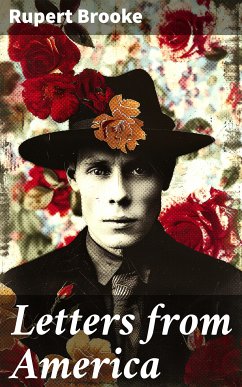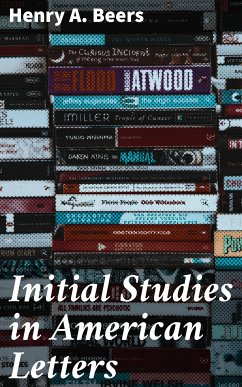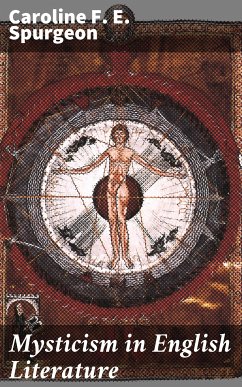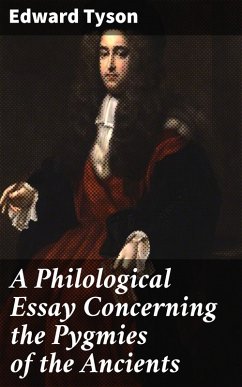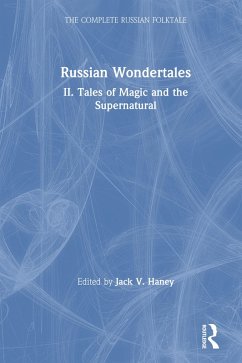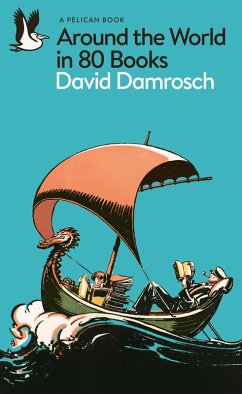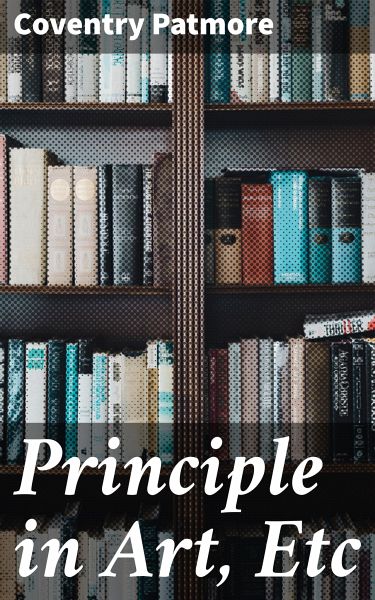
Principle in Art, Etc (eBook, ePUB)
Exploring the Moral Essence of Art in Victorian Literature and Criticism
Versandkostenfrei!
Sofort per Download lieferbar
0,49 €
inkl. MwSt.
Weitere Ausgaben:

PAYBACK Punkte
0 °P sammeln!
In "Principle in Art, Etc," Coventry Patmore presents a comprehensive exploration of the foundational philosophies underlying art and aesthetics. Written during the Victorian era, this text reflects intricate literary styles that blend poetic sensibility with critical discourse, offering a unique insight into the artistic values cherished in that period. Patmore delves into the role of beauty, form, and moral purpose in art, emphasizing the necessity of integrating emotion and intellect in creative expression. His arguments are framed within the context of contemporary debates on artistic meri...
In "Principle in Art, Etc," Coventry Patmore presents a comprehensive exploration of the foundational philosophies underlying art and aesthetics. Written during the Victorian era, this text reflects intricate literary styles that blend poetic sensibility with critical discourse, offering a unique insight into the artistic values cherished in that period. Patmore delves into the role of beauty, form, and moral purpose in art, emphasizing the necessity of integrating emotion and intellect in creative expression. His arguments are framed within the context of contemporary debates on artistic merit, bridging the lines between romanticism and realism. Coventry Patmore (1823-1896) was a notable English poet and critic, whose works were informed by his deep religious conviction and personal experiences of love and loss. His involvement in the Pre-Raphaelite movement profoundly influenced his aesthetic sensibilities, leading him to champion a more profound exploration of truth and beauty in art. Additionally, his position in literary circles and friendships with prominent artists provided him with a rich backdrop against which to formulate his theories on art's purpose and principle. This book is a must-read for anyone interested in the philosophical underpinnings of art, as well as for those who seek to understand the Victorian perspective on creativity. Patmore'Äôs insightful arguments and eloquent prose make it an essential text, inviting reflection on how principles of beauty and moral integrity continue to shape our understanding of artistic expression today.
Dieser Download kann aus rechtlichen Gründen nur mit Rechnungsadresse in A, B, BG, CY, CZ, D, DK, EW, E, FIN, F, GR, H, IRL, I, LT, L, LR, M, NL, PL, P, R, S, SLO, SK ausgeliefert werden.






